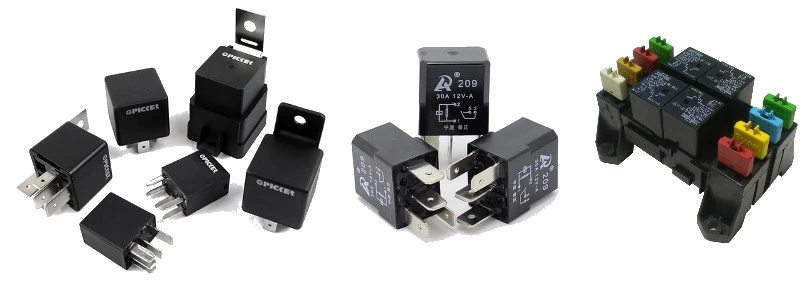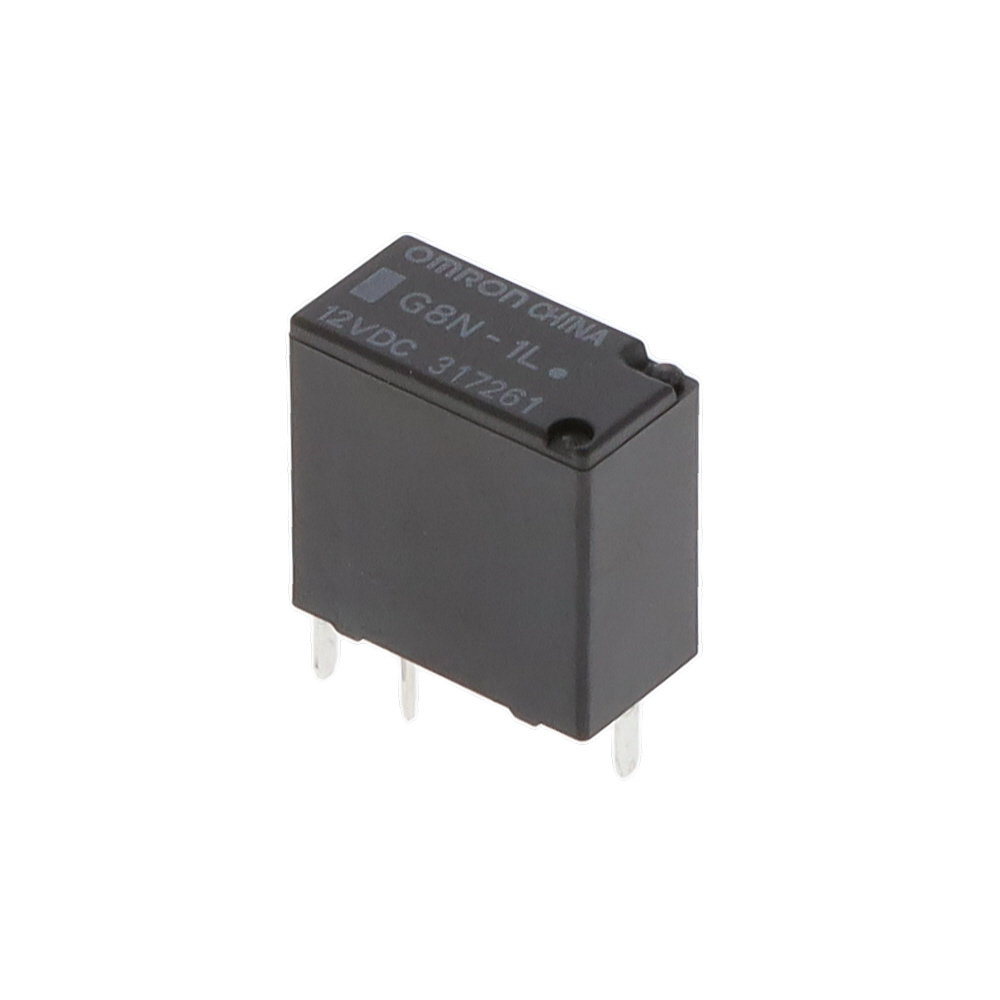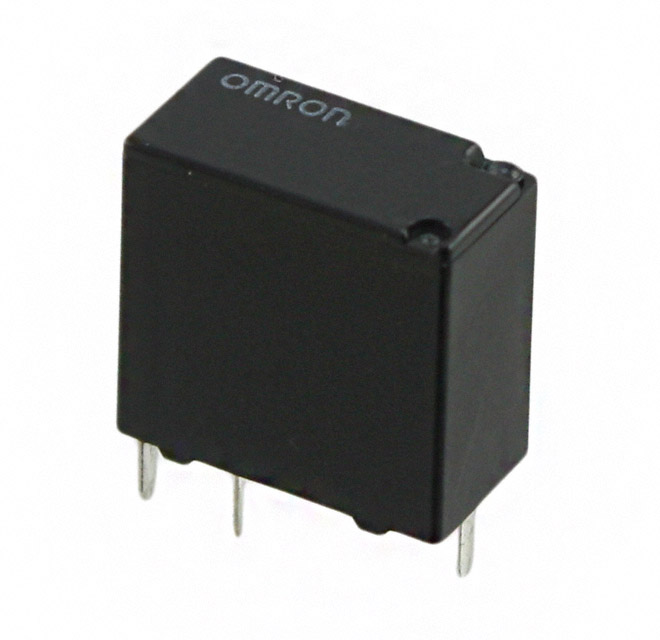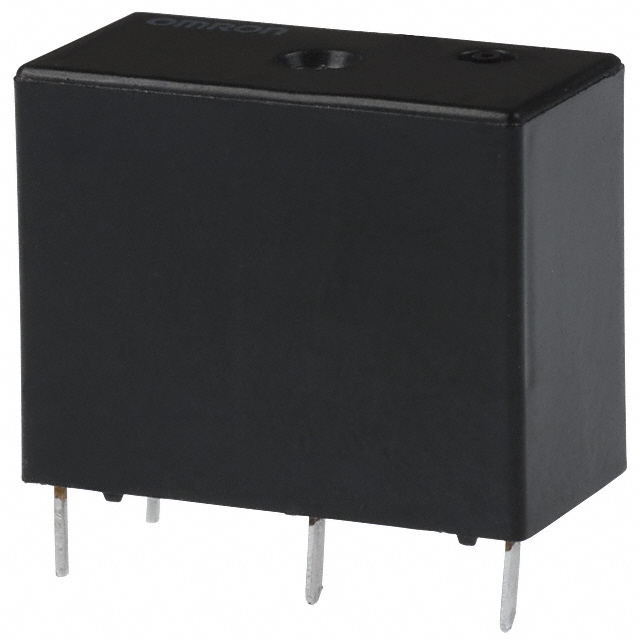Categories
- Automotive Relays(11)
- 1
Description of Automotive Relays
Automotive relays are specialized electrical switches designed for vehicle systems, using electromagnetic or solid-state technology to control the flow of current. They manage high-current loads to protect and control critical components in automotive electrical systems, such as lighting, ignition, power windows, and air conditioning systems. Automotive relays are typically resistant to high temperatures, vibration, and moisture, meeting the stringent demands of automotive environments. Here are some common types of automotive relays:
1. Multi-Purpose Relays: Suitable for controlling various vehicle systems, such as lighting, air conditioning, heating, etc.
2. Starter Relays: Designed for high-current demands when starting the engine, with strong impact resistance.
3. Fuel Pump Relays: Control the fuel pump motor's start and stop, ensuring stable operation of the fuel system.
4. Power Window Relays: Control the motors for power windows, ensuring reliable switch actions.
5. Fan Relays: Mainly used in cooling systems to control the radiator fan, maintaining the engine at an optimal temperature.
6. AC Relays: Specifically for current control in air conditioning systems, ensuring efficient operation of the AC compressor.

Frequently Asked Questions (FAQs)
1. How does an automotive relay work?
Automotive relays work on the principle of electromagnetic induction. When current flows through the control circuit, the electromagnetic coil generates a magnetic field, triggering the switch to control high-current loads.
2. How can I tell if an automotive relay is faulty?
Common signs of a relay malfunction include: device not starting, no response, unusual noises, or a burning smell. Testing by replacing the relay can help identify the issue.
3. Do I need special tools to replace a relay?
Generally, special tools aren’t required; standard hand tools are sufficient. However, it's recommended to disconnect the vehicle's power source during replacement.
4. How should I choose the relay’s current and voltage ratings?
Select a relay based on the specific electrical device requirements. Usually, choosing ratings slightly above the load’s actual needs ensures safe operation.
5. What is the typical lifespan of an automotive relay?
Lifespan varies with usage frequency and environmental conditions, but relays generally last for tens of thousands of cycles or several years under normal conditions.
















